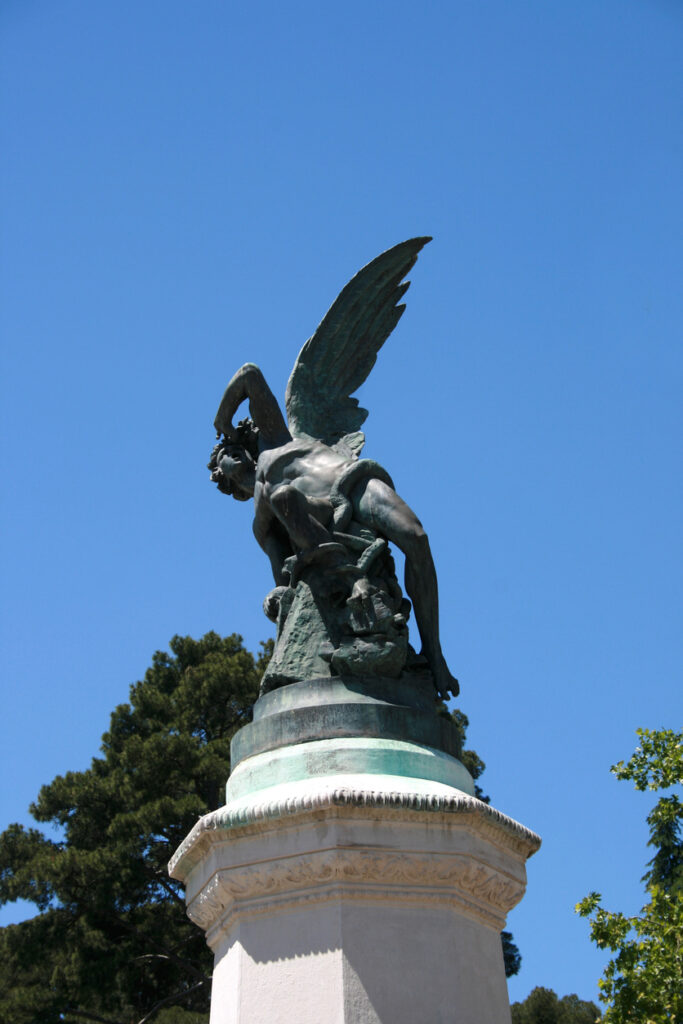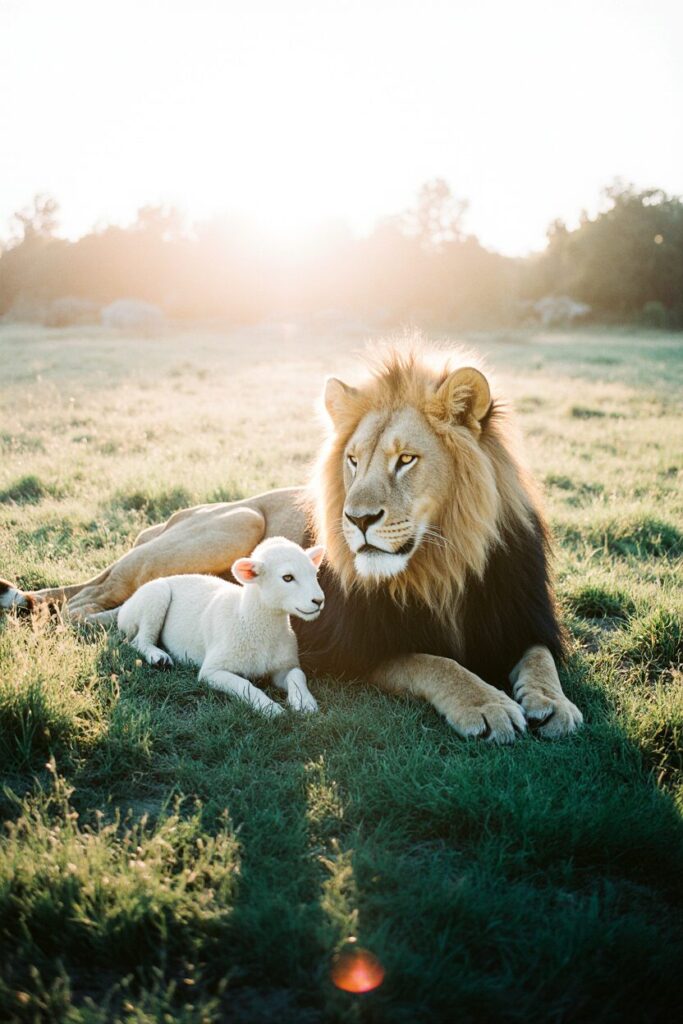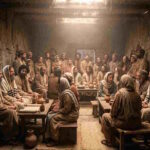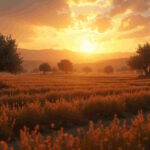Celebrating God’s Kingdom: The Feast of Tabernacles and the End of Self-Centeredness
From the moment we are born, we live in a world dominated by self-interest. We see it in our choices, our relationships, and even in the structures of society. This mindset – being “right in our own eyes” – drives division, conflict, and pain. It is the root of broken families, feuding communities, and nations at odds. And it goes far deeper than human behavior: it reaches into the very fabric of creation.
The origin of this self-centered mindset stretches back to the Garden of Eden. After being deceived by the serpent, Eve ate of the fruit and gave it to Adam. Driven by desire and the pursuit of self-importance, they acted independently of God. From that moment, humanity’s eyes were opened to life from a selfish perspective (Genesis 3).

But the problem goes even further. Ezekiel 28 describes the first appearance of pride and self-centeredness among God’s created beings:
“Your heart was lifted up because of your beauty; you corrupted your wisdom for the sake of your splendor” (Ezekiel 28:17).
Satan’s pride and rebellion set a dangerous precedent. Like a virus, this selfish influence spread to humanity and creation itself. Revelation 12 tells us that a third of the angels followed him, and 1 John 5:19 confirms that the whole world lies under the sway of the wicked one.
We see the effects all around us. Nature competes ruthlessly for survival, and humans act similarly – fighting for power, wealth, and recognition at the expense of others. As Romans 8 reminds us, all creation groans under the weight of this curse, longing for redemption.
Yet, as we celebrate the Feast of Tabernacles, we are reminded that this is not the end of the story. God’s plan is one of restoration and joy. Satan’s influence will be removed:
“Then I saw an angel coming down from heaven… and he laid hold of the dragon… and shut him up… so that he should deceive the nations no more” (Revelation 20:1–3).
When Satan is bound, the curse on humanity and creation begins to lift. The prophet Isaiah describes a world transformed:
“The wolf shall dwell with the lamb… the calf and the young lion and the fatling together… They shall not hurt nor destroy in all My holy mountain, for the earth shall be full of the knowledge of the Lord” (Isaiah 11:6–9).

Zechariah confirms the transformation in society:
“The fasts… shall be joy and gladness and cheerful feasts… love truth and peace” (Zechariah 8:19).
The Feast of Tabernacles gives us a glimpse of this restored Kingdom. Just as God dwelled with Israel in the wilderness, He promises to dwell with all who follow Him. This Feast pictures and looks forward to a time of peace, abundance, and unity – the reversal of the selfishness that has dominated history.
Even now, we can participate in this hope. Philippians 2:3–4 reminds us to live unselfishly, valuing others above ourselves and looking out for their interests. By reflecting God’s character today, we prepare ourselves for the ultimate fulfillment of His Kingdom.
As we celebrate the Feast of Tabernacles, let us remember: this is a celebration of hope. God will dwell among His people. Selfishness and division will be gone. Creation will be restored. And joy, peace, and unity will reign. We feast now in anticipation of that glorious future.


